24/7 Helpline:
(866) 899-111424/7 Helpline:
(866) 899-1114
Learn more about Morphine Rehab centers in Caroline
Morphine Rehab in Other Cities



















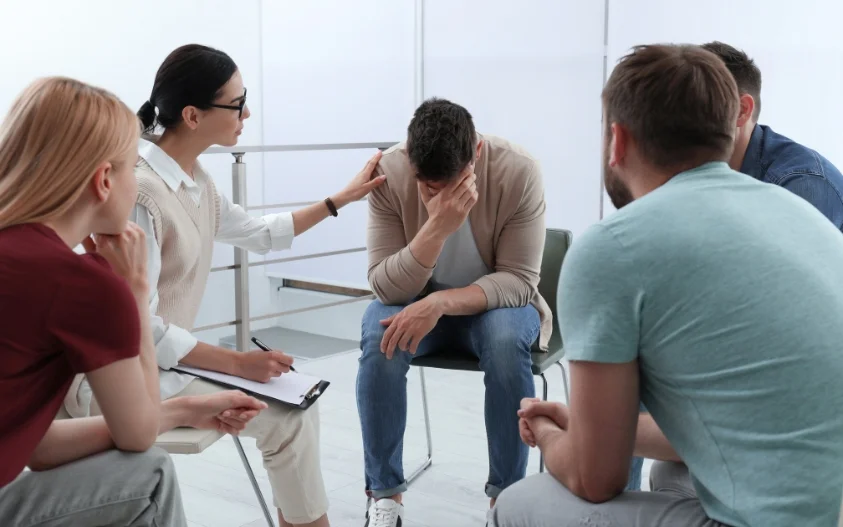














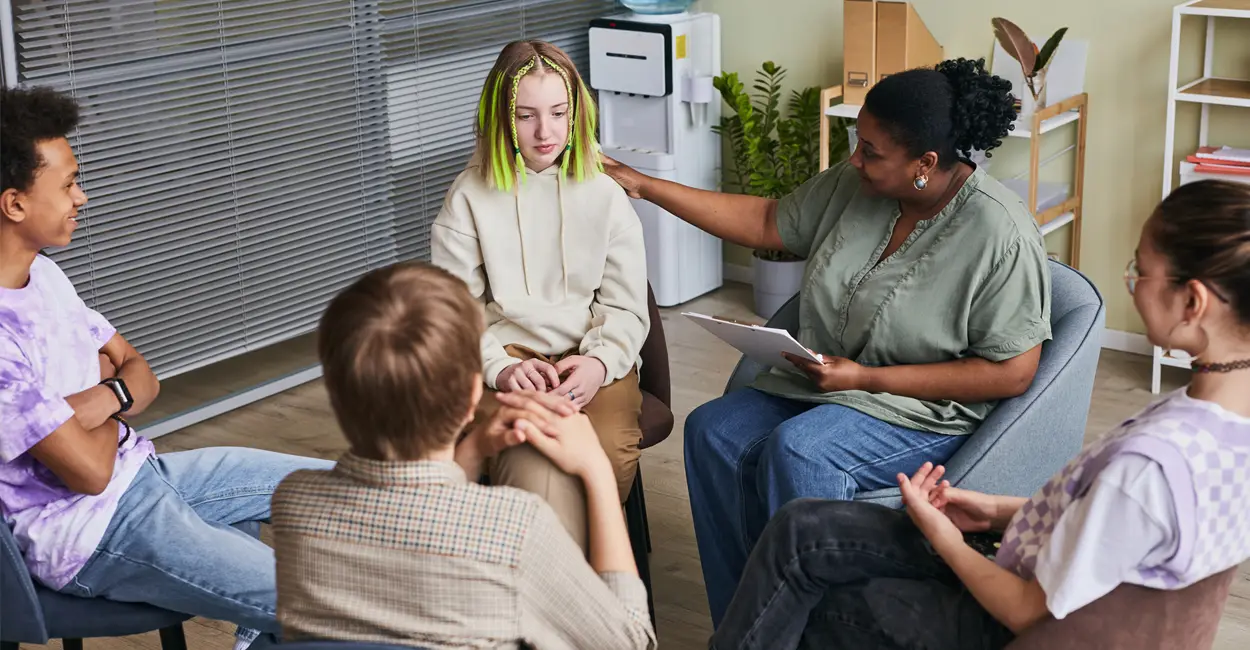

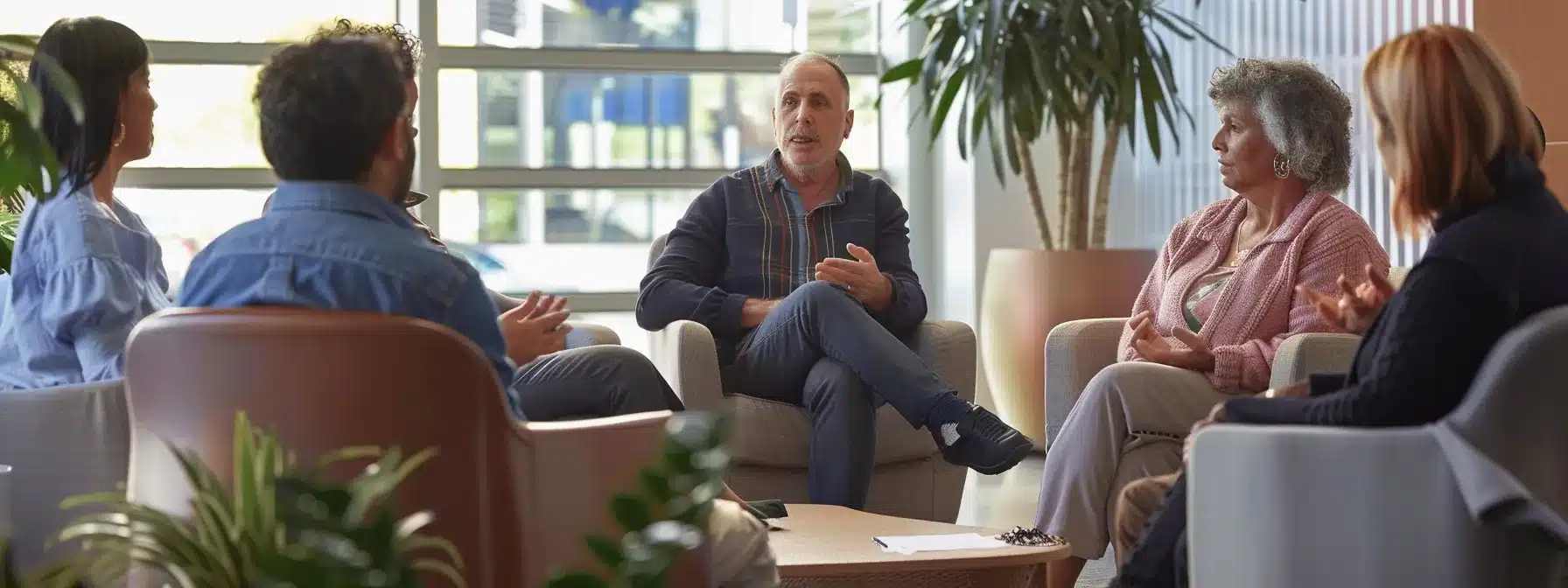

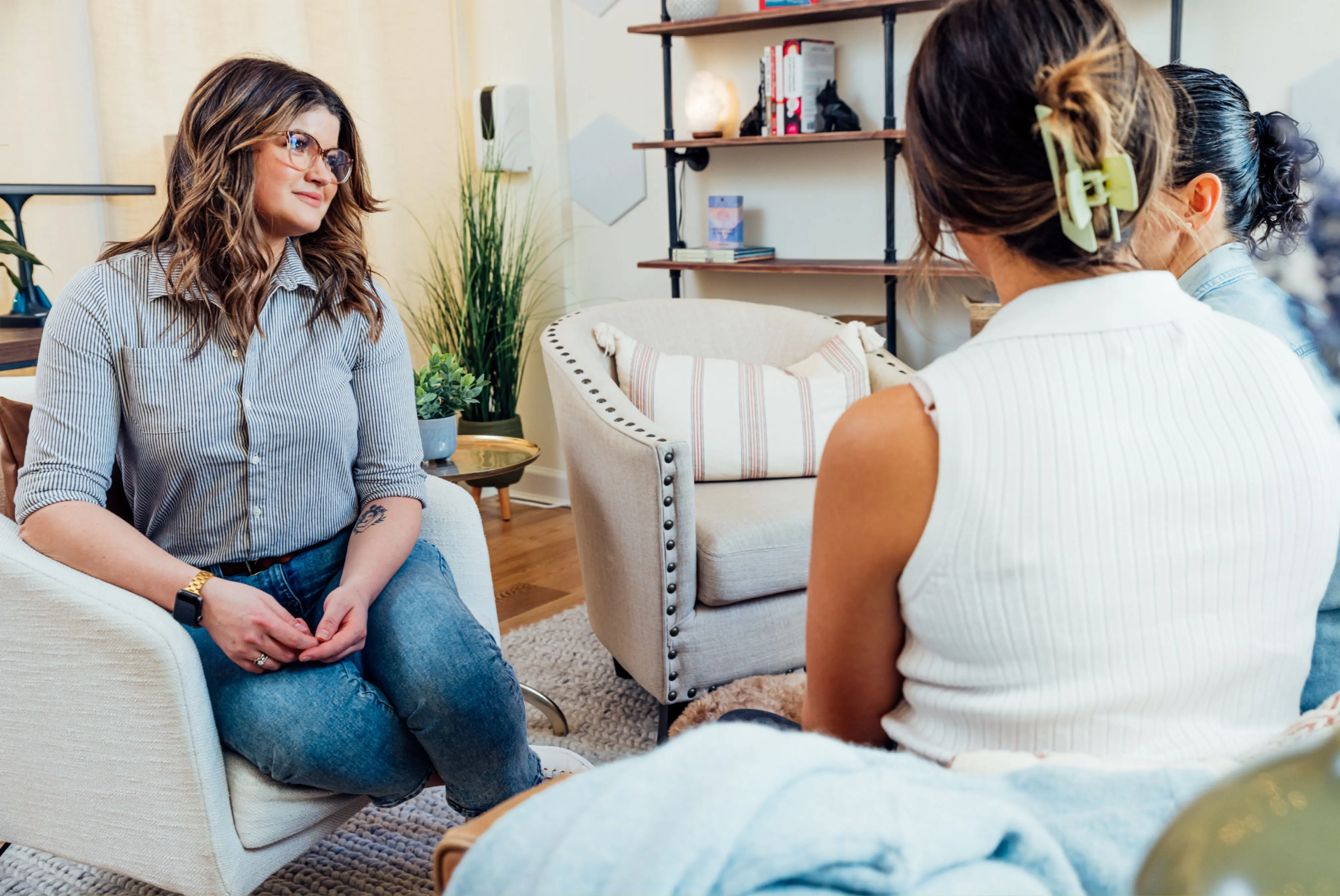
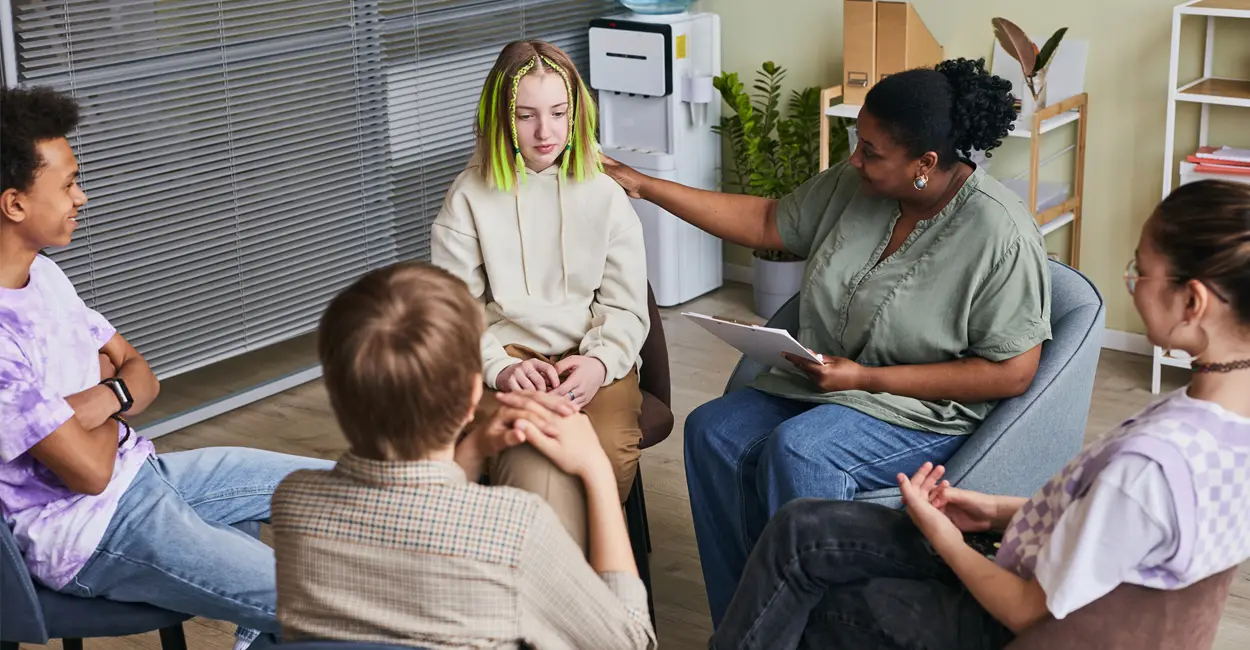

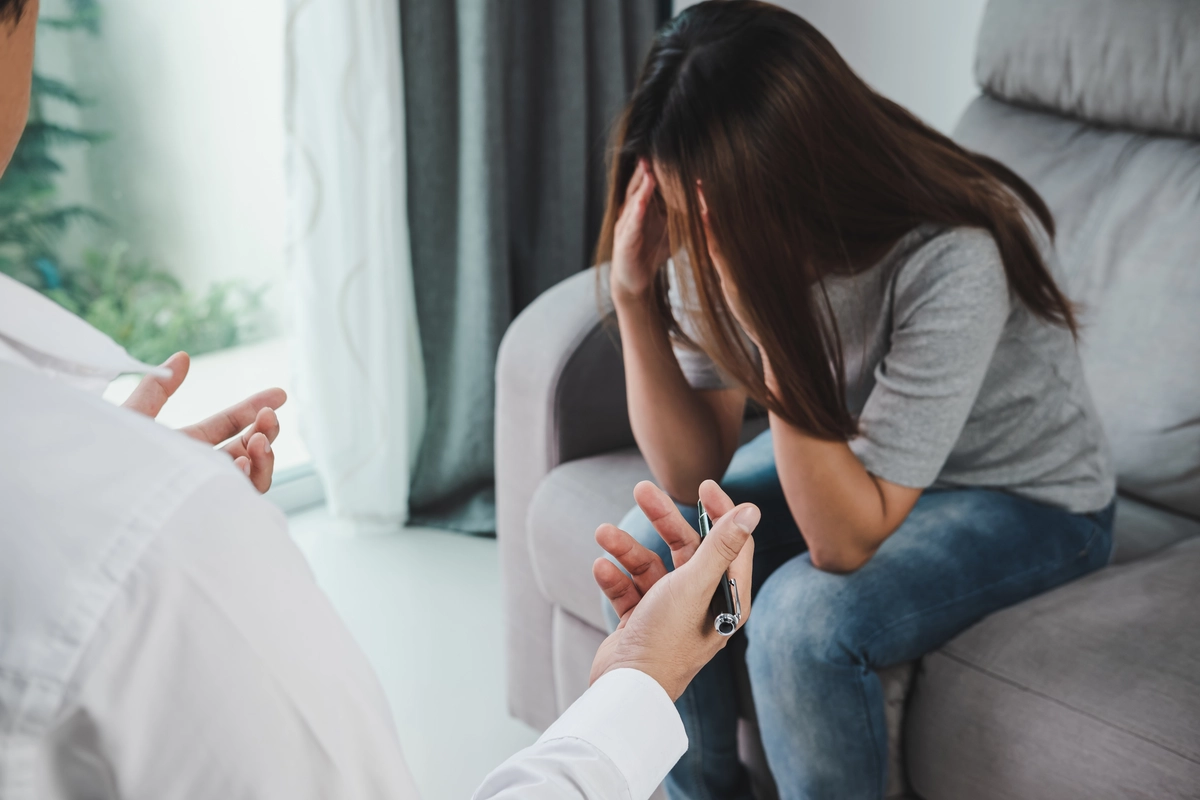
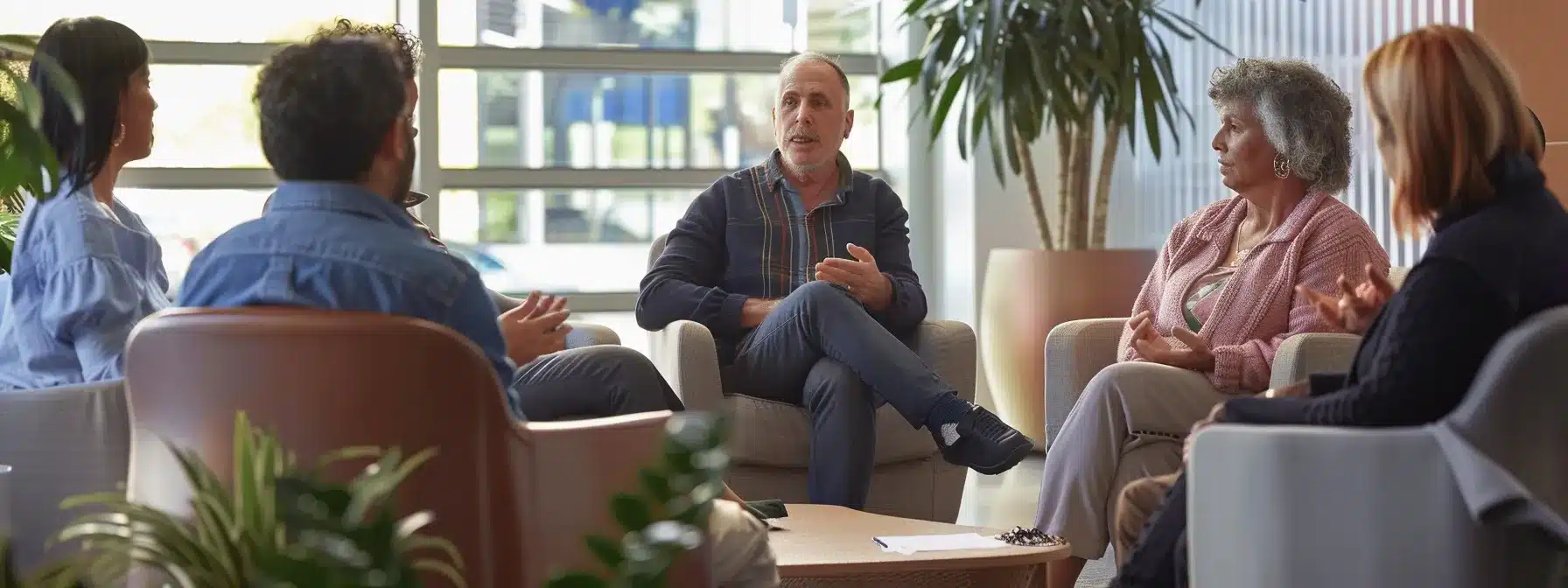
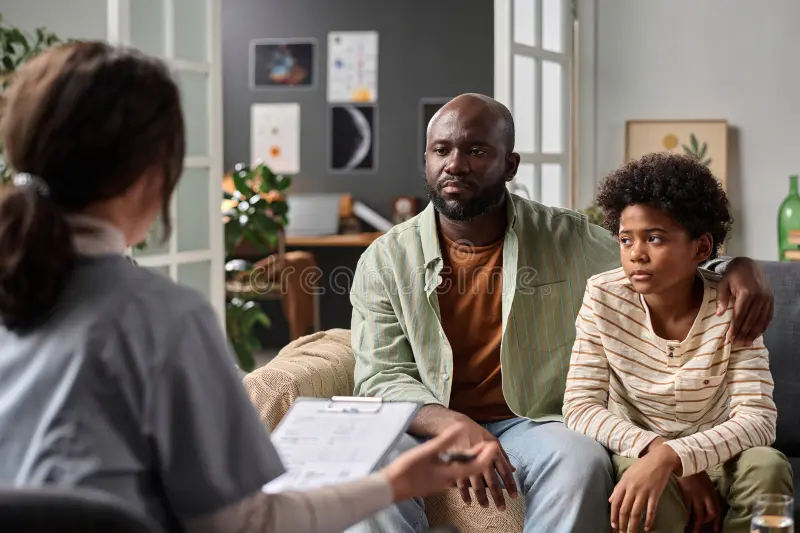
















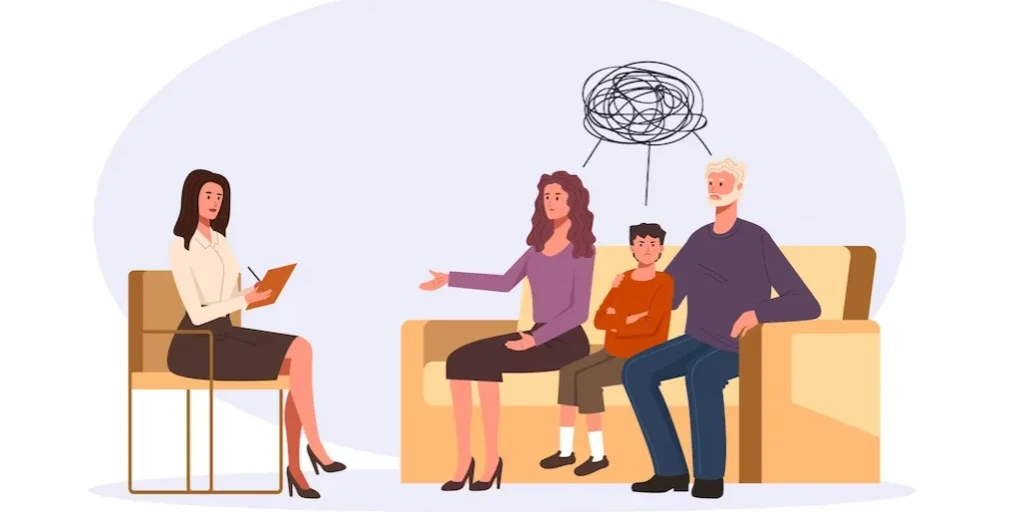



Ho – Chunk Nation Alcohol and Drug
Ho – Chunk Nation Alcohol and Drug is a private rehab located in Wittenberg, Wisconsin. Ho – Chunk N...

Lutheran Family Counseling
Lutheran Family Counseling is a private rehab located in Shawano, Wisconsin. Lutheran Family Counsel...

LSS – Lutheran Social Services – Homme Youth and Family Programs
Lutheran Social Services (LSS) - Homme Youth and Family Programs is a residential treatment center s...

























































Other Insurance Options

Ceridian

Evernorth

UnitedHealth Group

Holman Group

BlueCross

Premera

WellPoint

Health Partners

Lucent

CareSource

Covered California

UMR

Access to Recovery (ATR) Voucher

Excellus

Sliding scale payment assistance

Cigna
Beacon

Magellan

MVP Healthcare

BlueShield